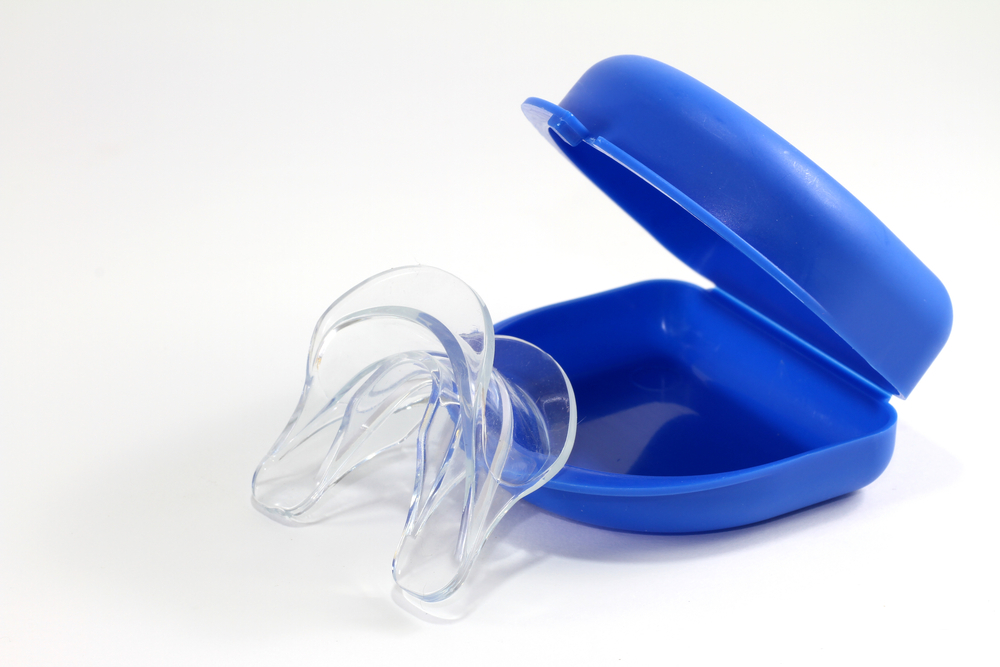If you’re under treatment for temporomandibular joint (TMJ) disorder, you may have been prescribed occlusal splint therapy. The name sounds complicated and maybe even a little scary, but occlusal splint therapy isn’t as mysterious as it seems. In fact, it’s used to treat a multitude of oral health problems.
What Is an Occlusal Splint?
An occlusal splint goes by many names, but you may know it by its most common name: a bite guard. Generally, occlusal splints are used to keep the teeth in line and protect them from bruxism (teeth grinding), but they can be used to treat many different conditions. Occlusal splints are made at your dentist’s office and are custom-fit to your individual mouth, so you’re not stuck with an awkward and uncomfortable “boil-and-bite” type of bite guard you can buy over the counter.
Reasons for Occlusal Splints
There are actually many different reasons for a dentist or neuromuscular dentists to prescribe an occlusal splint. They can be used to treat:
- Bruxism
- Temporomandibular joint disorder
- Sleep apnea
- Full-mouth reconstruction
Types of Occlusal Splints
There are many different types of occlusal splints, based on the material used to make them and what they are used for. Some of these include:
Hydrostatic:
These splints are used for treating teeth grinding, tension headaches and temporomandibular joint disorder.
Silicone:
Silicone occlusal splints are commonly used to treat myofascial pain dysfunction.
Permissive splints:
These splints block the occlusal surfaces of the teeth from touching each other and to open up the bite. These are the most common type of splint.
Non-permissive:
Used in neuromuscular orthodontics, non-permissive or directive splints move the condyles of the jaw to proper alignment.
Stabilization splints:
Used to stabilize the TMJ joint during neuromuscular orthodontic treatment. Do you need an occlusal splint? If you are interested in learning more about occlusal splints, please contact Dr. George at 724-220-2347.


